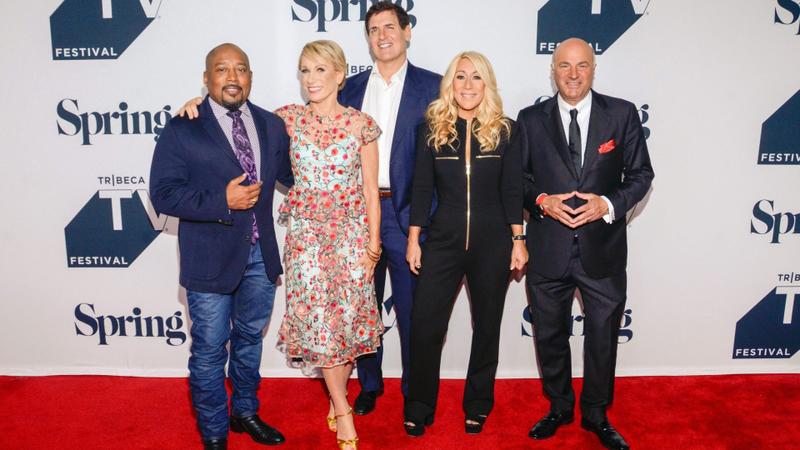In the ABC TV series “Shark Tank,” angel investors—also referred to as “sharks”—examine startup business concepts from aspiring entrepreneurs to determine whether they want to invest.
The sharks, which also include Daymond John, Kevin O’Leary, Robert Herjavec, Barbara Corcoran, Mark Cuban, and Lori Greiner, have pledged to spend millions of their own funds to support ideas they believe have the potential to succeed.
There are an equal number of failures as successes, some of which are more notable than others. Here are the top five “Shark Tank” blunders.
A Body Jac
It would seem hard for new fitness gear to pique the interest of major contributors. Nonetheless, in season one, Jack Barringer, an entrepreneur and star of infomercials, persuaded Barbara Corcoran and Kevin Harrington to invest $180,000 in his company.
His “The Body Jac” contraption was designed to strengthen more muscles while also making pushups simpler. According to Shark Tank Stories, Jack’s doctor ordered him to shed 30 pounds, but he found some activities painful for his joints. His creation was born as a result.
According to Showbiz Cheat Sheet, it’s unknown why the business failed, but Corcoran said of one of his Shark Tank investments, “My worst [deal] was investing in a fast-talking cowboy peddling workout equipment who wanted to drop 50 pounds.”
Breathometer
According to Failory, Breathometer was a portable breathalyser that detected blood alcohol levels through a smartphone app. Charles Michael Yim, the company’s founder, raised $1 million from Kevin O’Leary, Mark Cuban, Daymond John, Lori Greiner, and Robert Herjavec in 2013, in exchange for 30% equity.
It seemed promising for the product since all five sharks were eager to invest in it. But things did not work out as planned. The company was unable to complete all of the orders, and the tool did not produce reliable results. The corporation was required to repay each consumer and stop selling the goods by the Federal Trade Commission.
Mark Cuban characterised to it as the “worst execution in Shark Tank history” and shifted responsibility back onto founder Yim, blaming him for poor money management.
The business is still operating, even though it has partnered with Philips’ oral hygiene division to promote a new device that can measure biomarkers of poor breath and gum disease.
Sweet Ballz
Everyone, even investors, enjoys cake. James McDonald and Cole Egger, the owners of the cake ball company Sweet Ballz, must have done something well since they received $250,000 from Mark Cuban and Barbara Corcoran in exchange for 25% of their sweets business.
According to Shark Tank Success, the cake company once made $700,000 in cake ball sales from only 7-11 outlets.
Nevertheless, that sweet success didn’t endure. As Egger founded the CakeBallz rival business, McDonald ultimately filed a lawsuit against him for breach of contract. At one point, McDonald even asked for a restraining order. The founders’ partnership is no longer, although the company is still around.
Show No Towels
According to The Inquisitr, Shelly Ehler made an appearance on the programme in 2012 with her invention for young children who might need to change in public settings, such a swimming pool. “Show No Towels” is the name of her towel/poncho crossover.
Ehler won over a number of sharks, but she ultimately decided to team up with Lori Greiner, who awarded her $50,000 right then and then—the first time a competitor had ever received money on demand on the show.
Before the business filed for bankruptcy, they collaborated for a year. Things “simply didn’t go the way she anticipated them to, or the way they were depicted on TV,” according to Inc.com.
Toygaroo
Toygaroo, a business that billed itself the “Netflix of toys” and allowed customers to rent toys on a monthly basis, seemed like such a great idea that Mark Cuban and Kevin O’Leary invested $200,000 for a 35% stake in the company in 2011.
Toygaroo filed for Chapter 7 bankruptcy in April 2012, barely one year after receiving the investment, whether it was because of inexperience, poor management, excessive growth, or a mix of all three. The business finally shut down in 2016.
